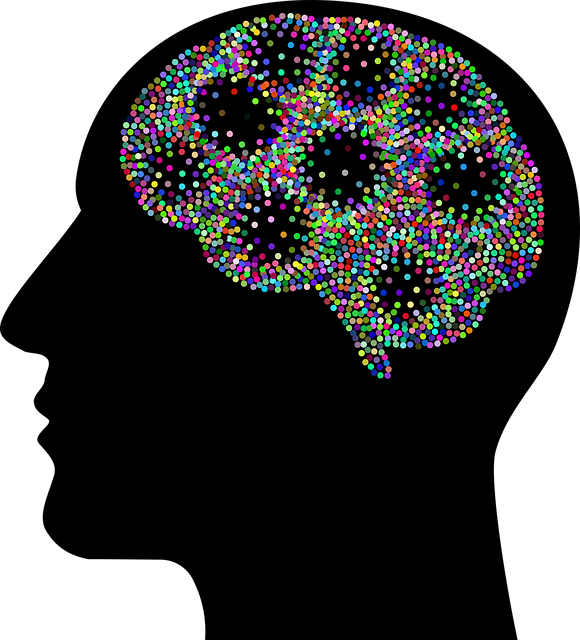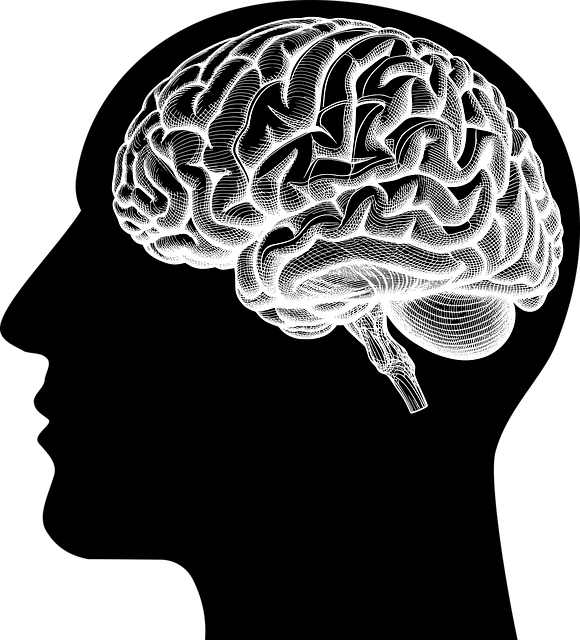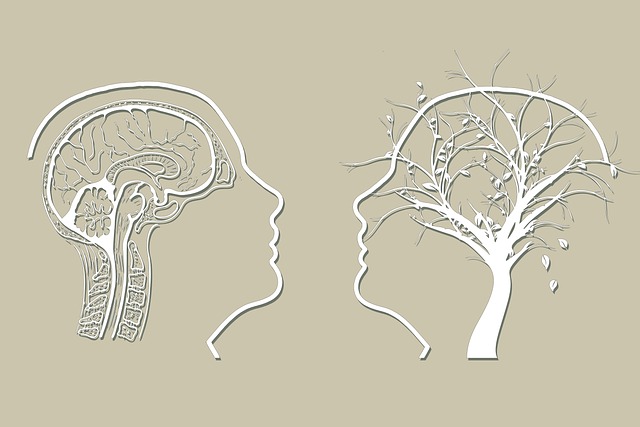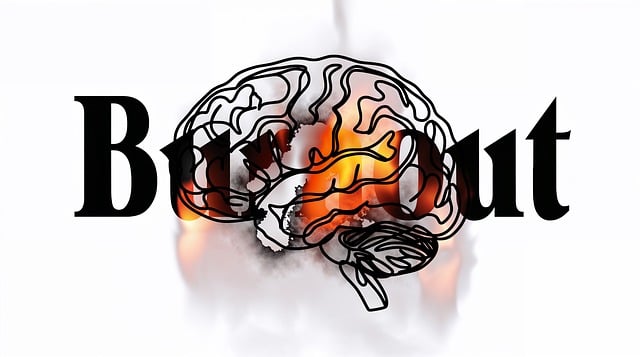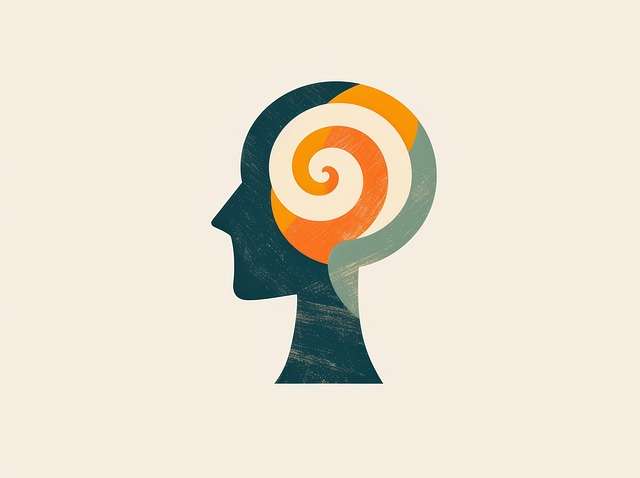Mindfulness meditation, as offered by Wheat Ridge Chronic Pain Therapy, is an effective alternative treatment for chronic pain. By cultivating present-moment awareness and non-judgmental observation, individuals gain insights into their bodies and learn to manage pain responses. Regular practice enhances mental health, reduces stress, and improves overall well-being. Creating a peaceful environment and adopting techniques like deep breathing help maximize benefits. Integrating mindfulness meditation into daily routines strengthens mental resilience, promotes emotional regulation, and fosters calmness, aligning with holistic mental health practices.
Discover the transformative power of mindfulness meditation with this comprehensive guide, designed especially for those seeking chronic pain relief in Wheat Ridge. Learn how this ancient practice can be a game-changer for managing pain and improving your overall well-being. From understanding its benefits to preparing your space and mindset, we’ll explore effective techniques and tips. By integrating mindfulness into daily life, you can unlock long-term advantages, enhancing your journey towards optimal health in Wheat Ridge chronic pain therapy.
- Understanding Mindfulness Meditation for Chronic Pain Relief
- Preparing Your Space and Mindset for Effective Practice
- Techniques and Tips for Successful Mindfulness Meditation Sessions
- Integrating Daily Life and Long-term Benefits of Mindfulness Meditation
Understanding Mindfulness Meditation for Chronic Pain Relief

Mindfulness meditation has emerged as a powerful tool in managing chronic pain, offering Wheat Ridge Chronic Pain Therapy an alternative approach to traditional treatments. This ancient practice involves focusing your awareness on the present moment, observing thoughts and sensations without judgment. By cultivating mindfulness, individuals can develop a deeper understanding of their bodies and learn to regulate their responses to pain.
Incorporating mindfulness meditation into your self-care routine can be transformative for better mental health. It encourages a sense of calm and emotional balance, allowing you to detach from negative thought patterns associated with chronic pain. Mental health education programs often design practices that teach individuals to manage mood and reduce stress, thereby improving overall well-being. This, in turn, enhances one’s ability to cope with persistent discomfort, promoting a more proactive Self-Care Routine Development for better mental health.
Preparing Your Space and Mindset for Effective Practice

Creating a dedicated space for mindfulness meditation is the first step towards effective practice. Consider your environment as a sanctuary where you can retreat to escape distractions and external noise. In your prepared space, ensure comfort by adjusting lighting, temperature, and seating or lying positions that align with your body’s natural posture. This setup will help you remain focused during your session. Additionally, keeping your mind clear and open is crucial. Let go of expectations and resist the urge to force outcomes. Instead, embrace a mindset of curiosity and non-judgment, allowing yourself to be fully present in each moment.
This preparation extends beyond physical and mental readiness; it also involves cultivating a sense of self-compassion and patience. Mindfulness is not about achieving perfection but rather developing a consistent practice. As you establish your routine, remember that even seasoned practitioners have off days. Embracing this journey with kindness towards yourself will foster a healthier relationship with meditation and enhance your overall mental wellness, potentially offering relief from chronic pain, as explored in Wheat Ridge Chronic Pain Therapy. Complementing these practices with Mental Wellness Coaching Programs Development or engaging in Mental Wellness Journaling Exercise Guidance can deepen your understanding of mindfulness’s impact on well-being and burnout prevention.
Techniques and Tips for Successful Mindfulness Meditation Sessions

Mindfulness meditation, a powerful tool for managing chronic pain and enhancing overall well-being, is an art that can be cultivated with practice. To make your sessions more effective, consider incorporating specific techniques and tips into your routine. One of the key aspects is to create a peaceful environment, free from distractions. This might involve setting aside dedicated time in a quiet space, using noise-canceling headphones or calming background music, and ensuring comfortable seating or lying positions.
Breathing exercises are fundamental to mindfulness meditation. Focus on deep, slow breaths, allowing your attention to rest on the sensation of air flowing in and out. When thoughts arise, gently guide your focus back to your breath, cultivating a non-judgmental awareness. Regular practice can lead to improved stress reduction methods and better stress management, as well as enhancing self-esteem improvement over time.
Integrating Daily Life and Long-term Benefits of Mindfulness Meditation

Integrating mindfulness meditation into daily life offers a powerful path to managing chronic pain, as evidenced by Wheat Ridge Chronic Pain Therapy practices. Beyond immediate relief, consistent practice cultivates long-term benefits that extend beyond physical well-being. Regular meditation strengthens mental resilience, fostering better stress management and emotional regulation skills—essential tools in navigating life’s challenges.
This holistic approach to wellness intertwines with the broader goals of risk management planning for mental health professionals, depression prevention, and self-esteem improvement. By weaving mindfulness into daily routines, individuals can create a buffer against negative thoughts and emotions, promoting a sense of calm and clarity. Such integration empowers individuals to take proactive steps toward enhancing their overall mental health and fostering a more positive, balanced lifestyle.
Mindfulness meditation, a powerful tool in the arsenal of Wheat Ridge chronic pain therapy, offers significant relief and improved quality of life. By preparing your space and mindset, employing effective techniques, and integrating mindfulness into daily life, you can harness its long-term benefits. Regular practice not only manages chronic pain but also fosters mental clarity and emotional balance. Embrace these insights to embark on a journey towards a more peaceful and pain-free existence.
